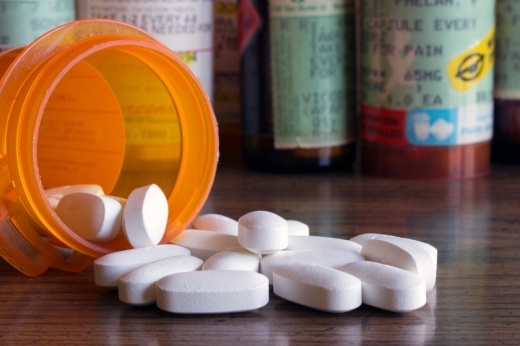The details: Richardson City Council approved a measure to pursue settlement funding from eight opioid lawsuits during a May 8 meeting. Defendants of these lawsuits include manufacturers, distributors and pharmacies connected to the opioid crisis, including Walmart, Walgreens, Allergan and CVS, among others.
City Manager Don Magner said he expects to present information to City Council in late 2023 on how the funds will be distributed by the Texas Opioid Abatement Fund Council. The opioid council was formed in 2020 to ensure money recovered through the settlement agreements is allocated fairly and helps to alleviate the effects of the crisis.
According to the abatement council’s allocation document, Richardson is eligible to receive $260,315 as part of the opioid settlement.
Quote of note: “We believe that there are numerous partners that could benefit from these dollars,” Magner said. “We can do our part to hopefully help address this opioid crisis that's impacted not only people in our community, but really so many across the whole United States.”
The background: Texas, along with a broad coalition of states, municipalities and counties, has reached nearly $50 billion in settlement agreements with 11 companies to resolve legal claims for their role in perpetuating the opioid crisis, according to state officials. Texas’ combined share of the settlement is nearly $3 billion with the distribution of funds being administered by the opioid council, according to the Texas attorney general’s office.
The cost: In addition to the city’s portion of the settlement, Collin and Dallas counties are expected to receive an additional $1.2 million and $8.5 million in settlement funds, respectively. No word has been given as to how much of that Richardson would receive.
The opioid council is also expected to distribute settlement funding to 20 of the Texas Health and Human Services Commission’s regional partnerships. These partnerships are part of Texas’ Delivery System Reform Incentive Payment Program, which incentivizes hospitals to improve access to care and quality of care. Region 9, which includes Dallas and Kaufman counties, is projected to receive nearly $66.5 million. Region 18, which includes Collin, Denton, Grayson and Rockwall counties, is expected to receive almost $40 million in settlement funding.
What to expect: Funding from the opioid settlement is designed to only be used for opioid-related expenditures or programs unless otherwise stated. For example, Magner said the funds could be used for the purchase of Narcan, an opioid overdose reversal medication. He said the city’s goal is to properly stock Narcan in police cars and ambulances so first responders can take immediate action to treat an overdose if necessary.
For more information on state opioid settlement agreements, click here.





